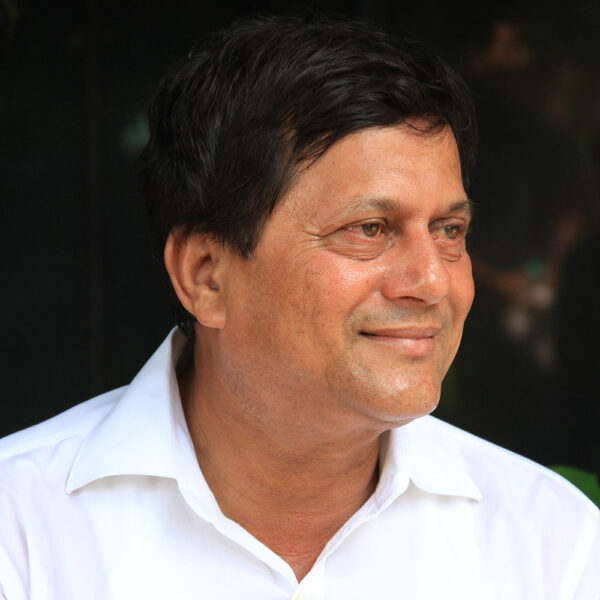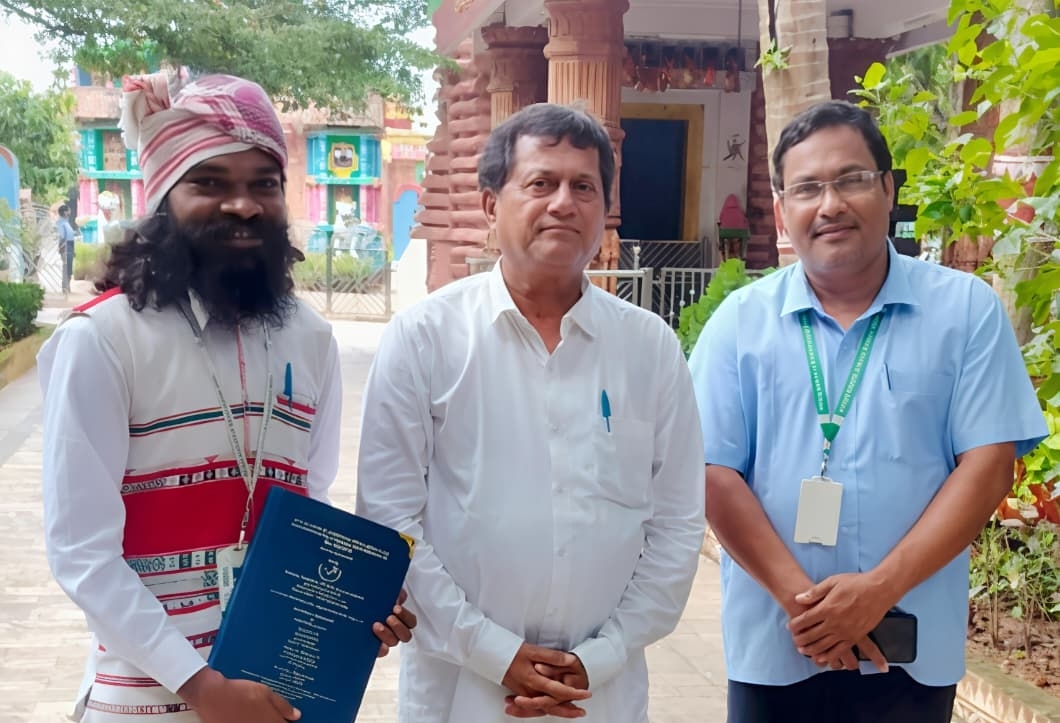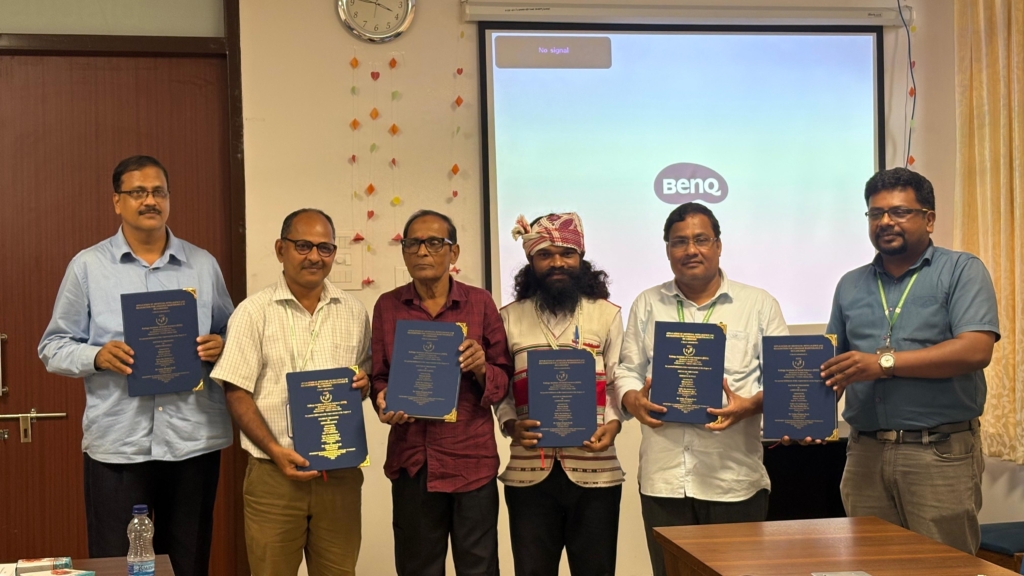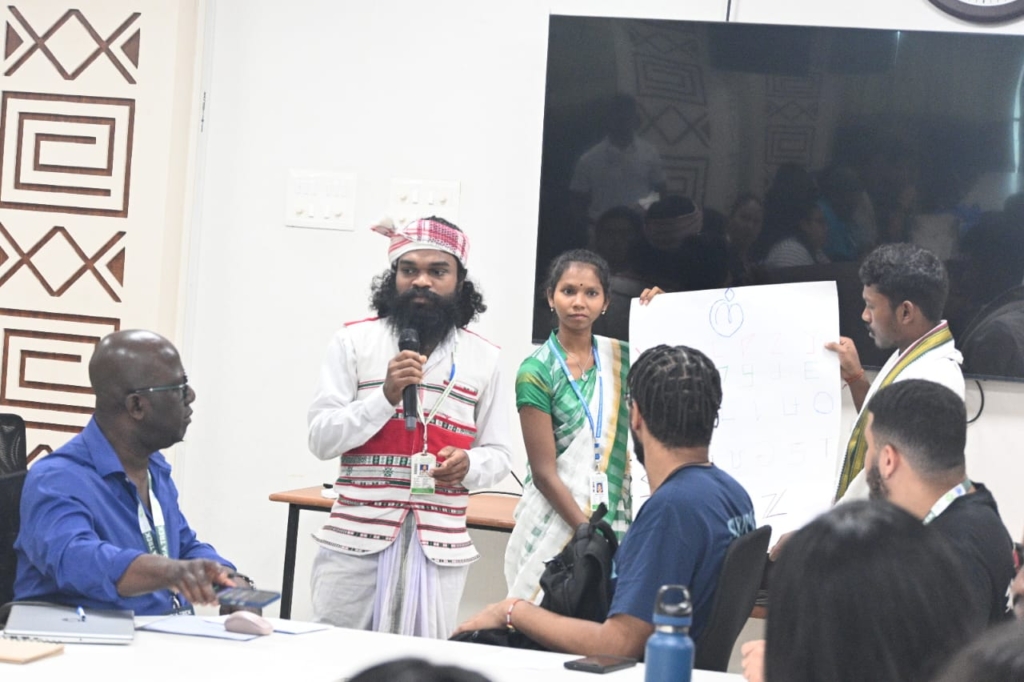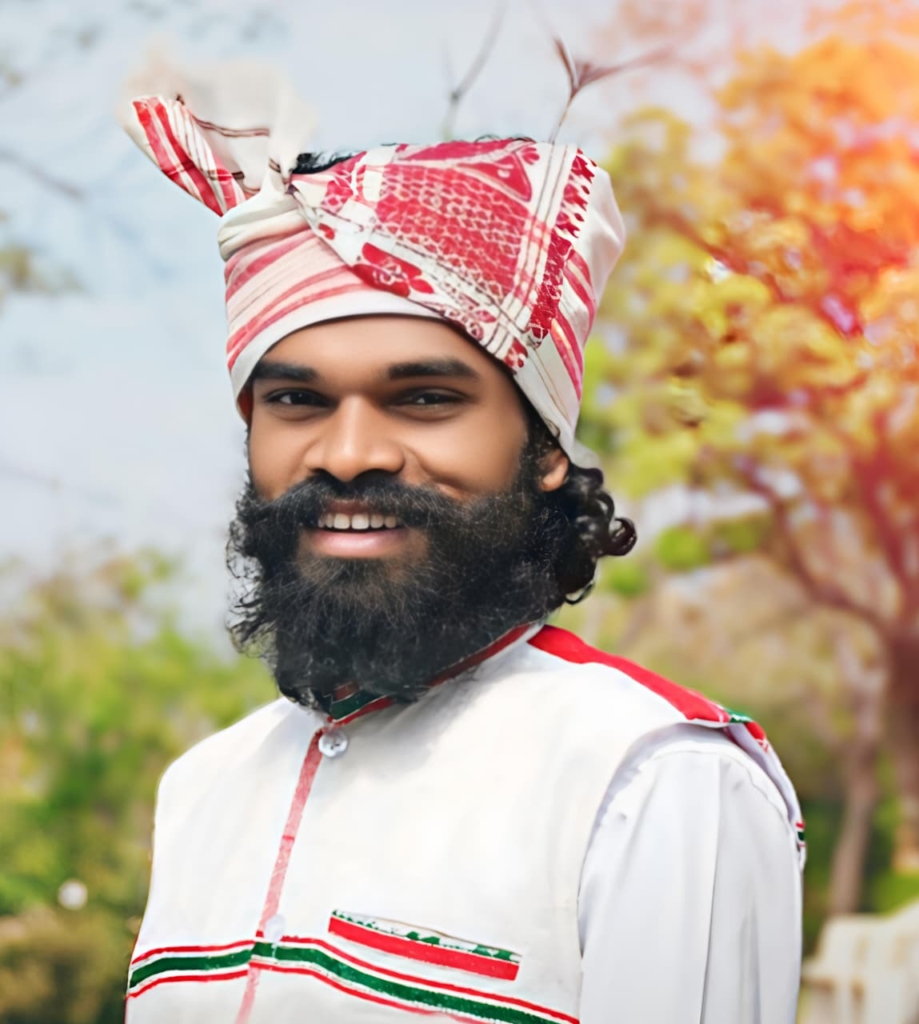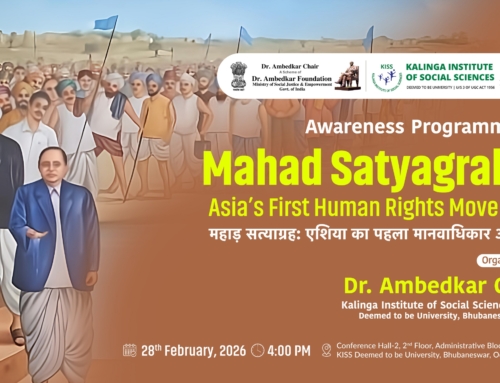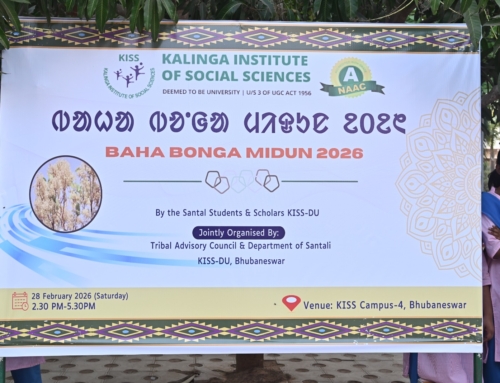Bikram Biruli, hailing from the remote, forested village of Matkam Sahi in Sarat, Kaptipada Block, Mayurbhanj district of Odisha, has become a source of pride for the entire indigenous community. Overcoming poverty, struggle, and hardship, he has made history by completing the first-ever Ph.D. in Artificial Intelligence (AI) for the Ho language.
Bikram was born into a very poor Ho’ indigenous family in 1996. His father, Purusottam Biruli, supported the family by herding cattle, while his mother Bireng Biruli gathered leaves from the forest to sustain the lives of their six children. Even as a young boy, Bikram would accompany the cattle into the forests, carrying his notebook and pen to study amidst the greenery.
In 1999, a devastating cyclone destroyed their home. The family survived on leafy vegetables and water. To fund his education, Bikram collected and sold timber and other forest products while also tutoring local children.
Encouraged by his passion for learning, his uncle Birsa Buliuli admitted him to a missionary school in Labanyadeipur. Due to financial constraints, he had to leave after second grade. Later, under his uncle’s guidance, he joined Dr. Ambedkar Residential School in Balasore from third grade onward. In 2005 he cracked the JNV entrance Test and in 2006 he joined Jawahar Navodaya Vidyalaya, Bagudi, Balasore in the sixth grade and completed his +2 Science (Computer Science as optional) in 2013.
At age 17, under pressure to work and support the family, he ran away to Punjab, where he took admission in AGC,Patiala a private college under Punjab Technical University (PTU) for B.Tech in Computer Science & Engineering, balancing college studies with night jobs to support himself. He later returned to Odisha, determined to contribute to his Ho community.
In 2018, Bikram joined KISS (Kalinga Institute of Social Sciences) University,Bhubaneswar for M.Sc. in Indigenous Knowledge, Science & Technology. Driven by a vision to document the Ho language and the Warang Chiti script, he founded the Ho community’s first news channel – ‘Ho Samaj Live’, which today has over 100,000 followers. Through his work, he introduced the world to the Ho language, its script, culture, and traditions, reaching tribal members across Odisha, neighboring states, and other parts of India.
After enrolling in Master of Science in Indigenous Knowledge, Science and Technology at KISS (Kalinga Institute of Social Sciences) in 2018, his educational journey became even brighter. The free education, accommodation and food, healthcare services, and access to modern computer technology provided at KISS inspired him to pursue a Ph.D.
In 2020, Bikram began his Ph.D. on “Application of AI Recognition for Language Maintenance in Ho Language” at KISS University. Under the guidance of Dr. Yasobanta Das and Dr. Satya Ranjan Dash, with Dr. Sriparna Saha (IIT Patna) as external examiner, he conducted groundbreaking research on Automatic Speech Recognition (ASR), Named Entity Recognition (NER), and Part-of-Speech Tagging (POS) in Ho.
Until now, no such dataset had been available on any platform for low-resource or indigenous languages. By developing this dataset, Bikram has created a major milestone for the Ho community, inspiring other indigenous languages to explore AI applications in the digital era. He aims to expand the dataset further and develop mobile and web applications to ensure broader accessibility and preservation.
Bikram’s achievement, the first AI-based research in Ho, has earned widespread appreciation from the indigenous community. He expressed heartfelt gratitude to Prof. (Dr.) Achyuta Samanta, Founder of KIIT & KISS, as well as his supervisors, the Vice-Chancellor, Registrar, parents, and well-wishers who supported him on this historic journey.
In an exclusive conversation, Bikram talked about the role played by KISS in shaping his life and career. He thanked Hon’ble Founder Dr. Achyuta Samanta for curating a platform like KISS which gives wings to indigenous students to fulfill their dreams. He wishes to contribute to the people of his community by preserving Ho Language.

